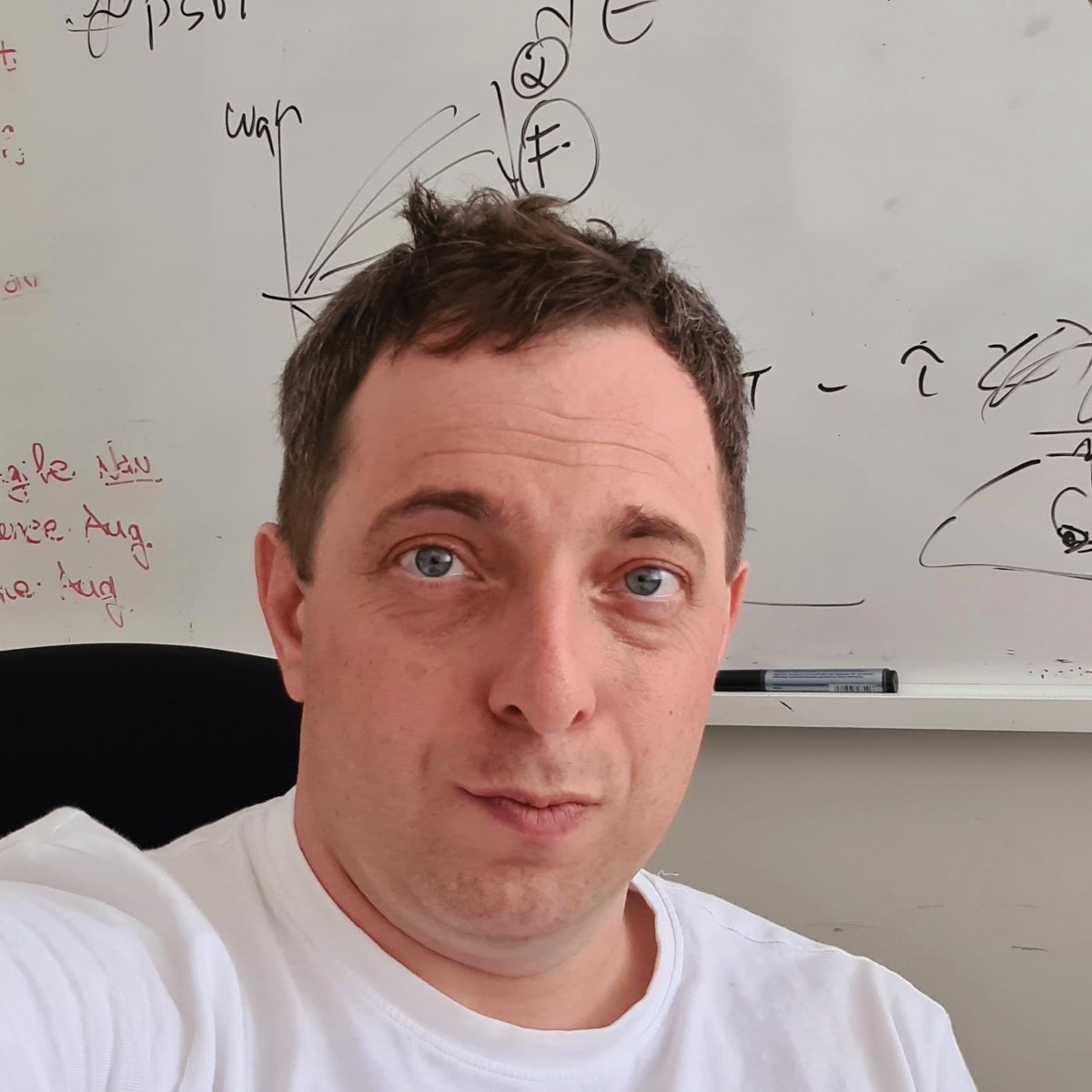
Yasha Gindikin
Postdoctoral Researcher
Contact
275-12 John T. Tate Hall
116 Church Street Se
Minneapolis, MN 55455
Affiliations
Yasha Gindikin
Postdoctoral Researcher

Postdoctoral Researcher
Contact
275-12 John T. Tate Hall
116 Church Street Se
Minneapolis, MN 55455
Affiliations
Postdoctoral Researcher
My primary research interest is the theoretical study of new effects of electron-electron interaction in modern low-dimensional systems with strong spin-orbit coupling. These include quantum wires, two-dimensional heterostructures, and atomically thin layers. Such systems are interesting because of the interplay of the Coulomb forces between electrons and the forces that couple the spin of the electron to its orbital motion that results in the appearance of many non-trivial effects. My recent publications on this subject are focused on the pair spin-orbit interaction, i.e. the electron-electron interaction component that depends on the spin and momentum of the electrons, which is produced by the Coulomb fields of interacting electrons in Rashba materials. This work has established a fundamental role that the PSOI plays in Rashba materials, where it leads to a bunch of qualitatively new physical effects, including the emergence of non-conventional correlated states, unusual collective modes, bound electron pairs with non-trivial orbital and spin structure, and even two-electron bound states in continuum. This opens a promising direction for the future research.
Ph.D., Kotelnikov Institute of Radio Engineering and Electronics, Russian Academy of Sciences, Moscow, Russia, 2003
M.S., Moscow Institute of Physics and Technology, Moscow, Russia, 1999
B.Sc., Moscow Institute of Physics and Technology, Moscow, Russia, 1997
Dr. Habil., Lomonosov Moscow State University, Moscow, Russia, 2021
Moscow State University Department of Materials Science Scanning Probe Microscopy: theory, methods and applications. Graduate course (WS 2016, SS 2018).
Moscow Institute of Physics and Technology Department of Solid State Physics
The latest advances in condensed matter physics. Graduate course (SS 2020). Quantum Many-body Physics. Graduate course (WS 2021). Advanced Quantum Many-body Physics. Graduate course (SS 2022).